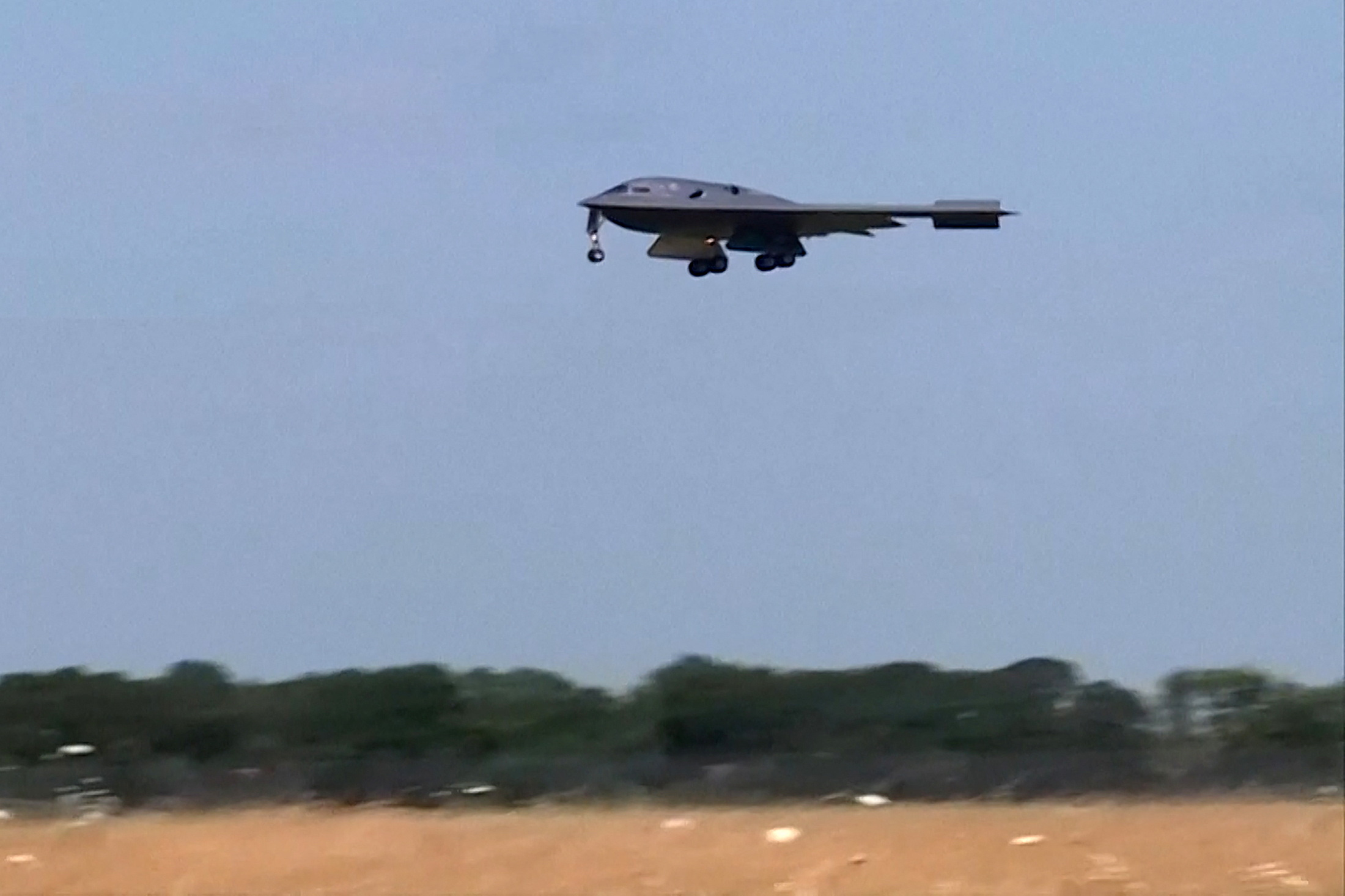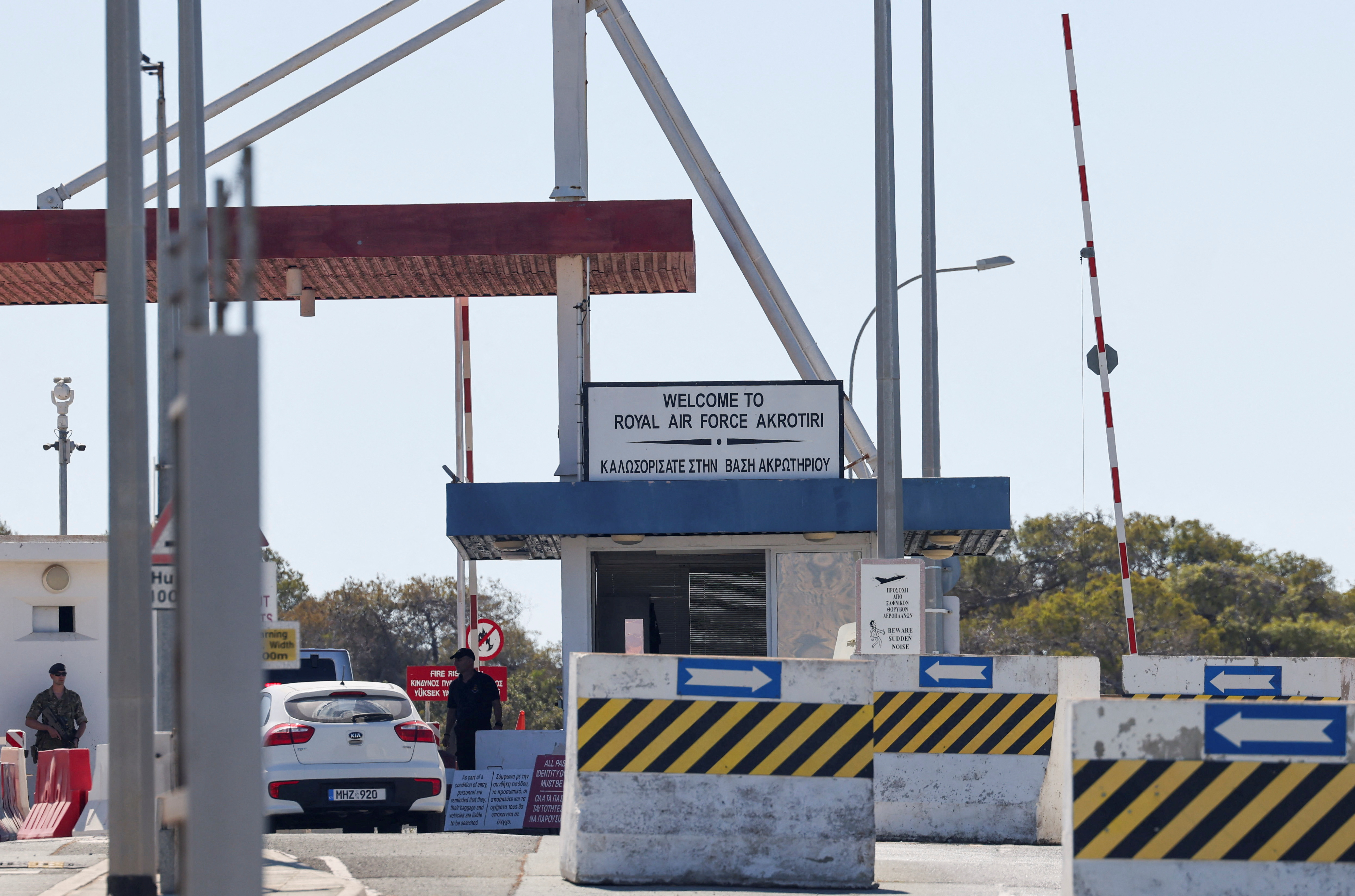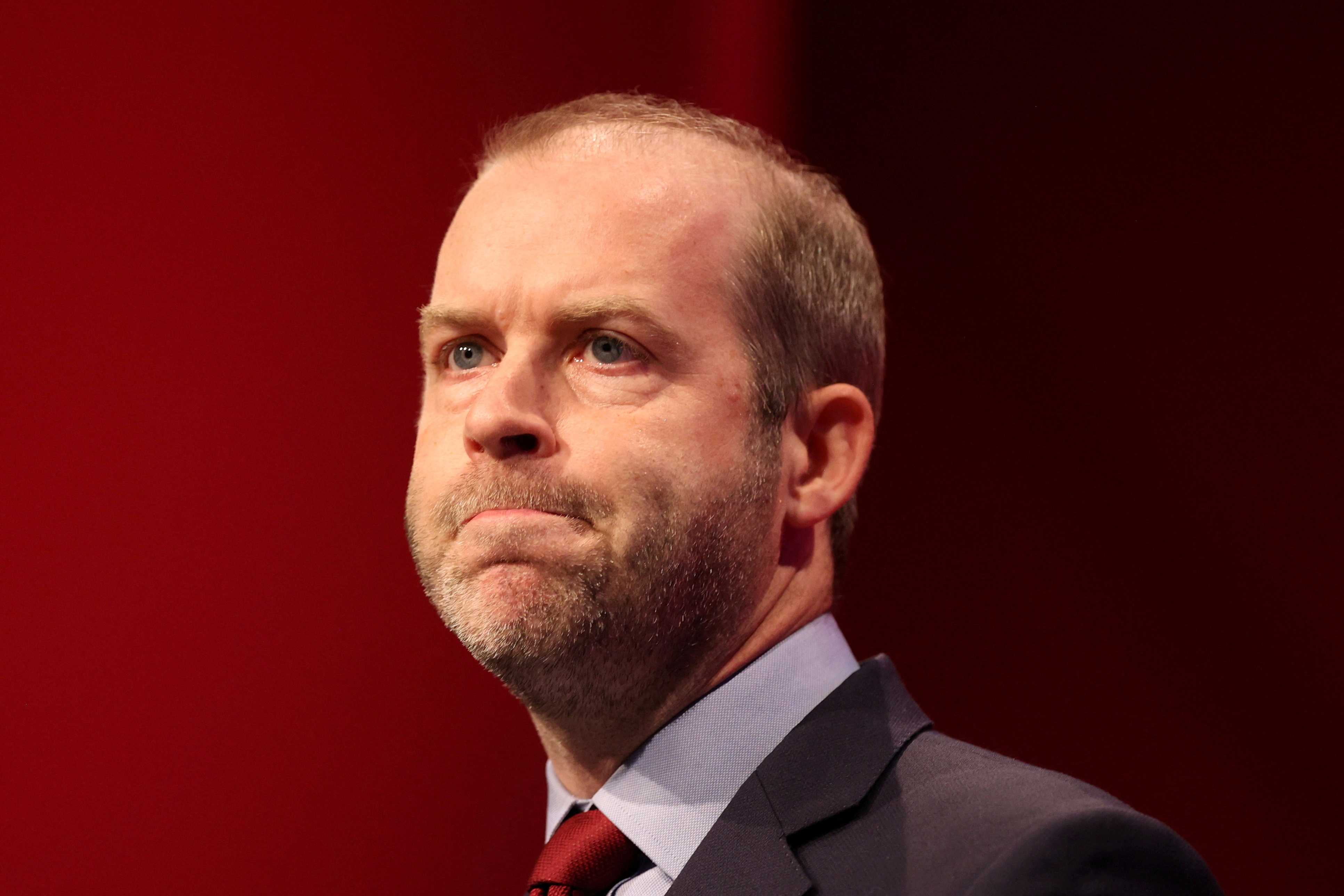The British government was informed ahead of time of the United States’ strikes on nuclear facilities in Iran, but did not receive any request for its bases in Cyprus or in the Indian Ocean to be used as part of the operation, the country’s Business Secretary Jonathan Reynolds said on Sunday.
“I know often because of British military assets, RAF Akrotiri or Diego Garcia, sometimes that request is made. And this was not a situation where that was requested,” he told television channel Sky News. Diego Garcia is a British base in the Indian Ocean.
On the matter of when the British government was informed, he said, “I can’t tell you exactly when we did know, but we were informed, as you might expect”.
In a later interview on radio station LBC, he was asked whether the British government believes the US’ strikes on Iran were legal under international law.
He responded that “I couldn’t give you a view on that without having access to the kind of information the United States would have, nor can I give you a legal opinion from the British government on the US action”.
Pressed further, he said, “I am telling you I do not want to see the Iranian regime obtain a nuclear weapon because of the destabilisation Iran is involved in”.
The US had launched strikes on three nuclear facilities in Iran during the early hours of Sunday morning, with bombs falling on the Fordow, a uranium enrichment facility built under a mountain near the Iranian city of Qom, as well as facilities further south in Natanz and Isfahan.

The country’s President Donald Trump described the strikes as “very successful”, writing in a post on social media that “a full payload of BOMBS” was dropped on Fordow.
American newspaper the New York Times reported that the aircraft which dropped the bombs, a total of seven B-2 bombers, flew directly from the Whiteman air force base in the US state of Missouri to Iran, before returning to the US.
Last week, it had been reported that the US may ask the UK for permission to station aircraft in Cyprus for future attacks on Iran.
Sky News reported that the US has already sent tanker aircraft, which are used to refuel fighter jets mid-flight, to both Spain and Greece, and that an American aircraft carrier is expected to arrive in the region “within the next five to seven days”.
The reports came after Iran had warned the US, the UK, and France that their bases and ships in the region will be targeted if they help to stop its missile strikes on Israel.
Later, Iran’s ambassador in Nicosia Alireza Salarian said his country had “already raised this concern to the relevant authority” and added that “if we see any aggression from the third country, we have the right to response”.

The UK’s Defence Secretary John Healey had meanwhile said following the first deployment of British aircraft to the region that more “will follow in [the] coming days”.
“We have always supported Israel’s right to security, and we have had grave concerns about Iran’s nuclear programme, and I repeat the call on all sides to show restraint,” he said, adding that “a diplomatic resolution rather than military action is the only route to lasting stability”.
He then pointed out that “the military assets including the additional Typhoon jets announced by the prime minister [Sir Keir Starmer] have begun arriving”.
Earlier, the UK’s Foreign Secretary David Lammy had said the country’s bases in Cyprus are “hugely important at this time”.
“The government would be irresponsible if we did not account for all possibilities at this time,” he added.
He then went on to say that “this is a very tense time if you are in Jordan, the United Arab Emirates, Saudi Arabia, Bahrain, or Cyprus”.

Meanwhile, when asked if the UK would come to Israel’s aid if asked to do so, Chancellor of the Exchequer Rachel Reeves said that “we have, in the past, supported Israel when there have been missiles coming in.
“We’re sending in assets to both protect ourselves and also potentially to support our allies”.
Last year, Cyprus was the likely launchpad for the military support offered by the United Kingdom to defend Israel from a volley of Iranian missiles launched at the start of October.
The British defence ministry had at the time announced that two RAF Typhoon fighter jets and one Voyager air-to-air refuelling tanker “played their part in attempts to prevent further escalation in the Middle East”.
This, they said, demonstrated “the UK’s unwavering commitment to Israel’s security”.






Click here to change your cookie preferences